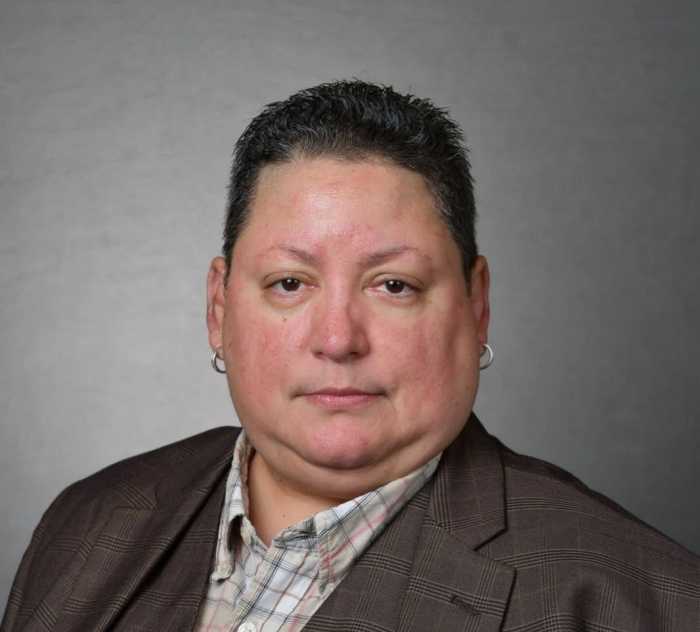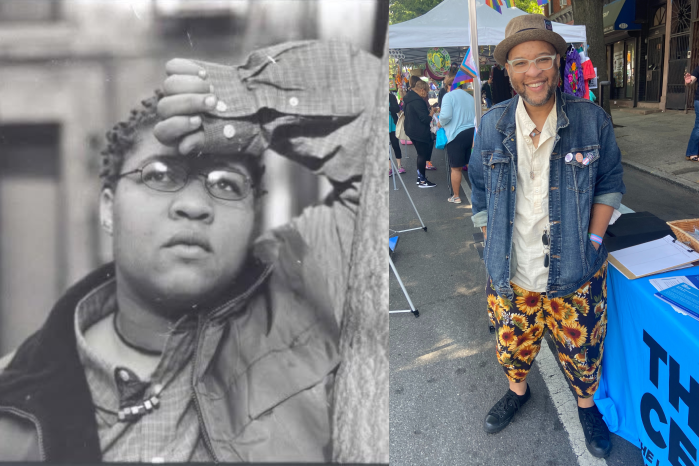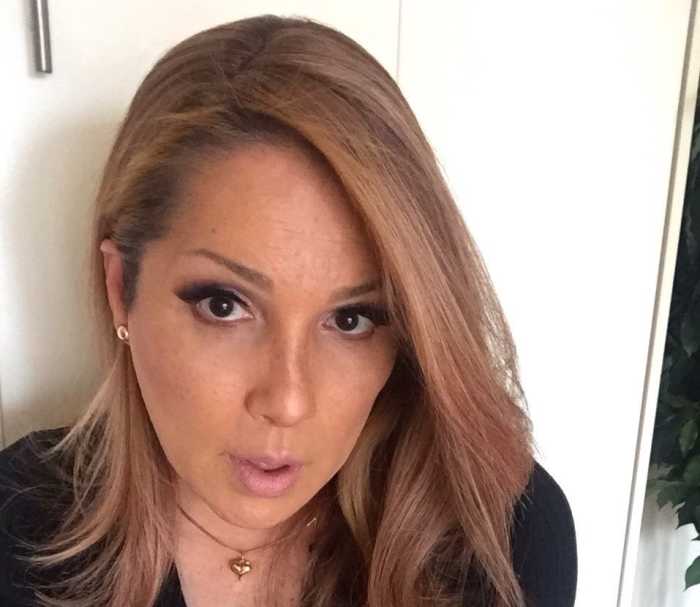For many LGBTQ+ people, stigma is not the only barrier they face to health care. To be overlooked in the system and feel misunderstood by your primary care provider is a reality that Black and Latinx people experience daily. Paired with historically unequal care for those with intersectional identities, a profound lack of trust in the system prevents those who need it most from reaching the care they deserve.
As a social worker at one of MetroPlusHealth’s Brooklyn sites, a lack of faith in the care system and a distrust of providers is a conversation that I often have with our clients. Foundational to repairing this disconnect is a trait that I believe every care provider should develop to serve their patients better: cultural competence. Now, this doesn’t mean being in tune with the latest trends of the community you serve. Instead, what’s required is much deeper to break barriers. Cultural competence is about bridging the gap between patient and provider by making familiarity the foundation of how practitioners serve.
While I appreciate the success of telehealth and what it has done to advance our care system and reach people virtually, there is also a benefit to seeing our members in person. In these face-to-face conversations, we are given a real opportunity to be a familiar face and compassionate ear for those discouraged or hesitant.
Not too long ago, I had a meeting with an individual who had fallen out of care for quite some time and luckily, I was able to assess them when they visited us in person one day. Evidently, they required care, but their distrust of the system led to them not taking their antiretroviral medications for nearly six months. It had been almost a year since they had seen their primary care provider. My conversation with them highlighted how providers need to be more thoughtful with each interaction to break through individual and structural barriers.
Healthcare leadership must better reflect the community.
Although this particular client was perhaps a few decades older than me, there was an immediate comfort and familiarity between us because we are both people of color. We may have different experiences, but our connection of being Black New Yorkers established an unspoken recognition that helped our client. Deeply rooted in the past, there is an undeniable lack of trust between the Black population and care providers. To rebuild this trust, the care system must look like and speak like the people in the communities they represent. While some progress in diversity has been made in recent years across our American healthcare system, having too few diverse faces as providers further drives health disparities in populations lost to care.
Offer a new perspective to stop the transference of stigmas
When you show that you genuinely care to understand by asking clarifying questions, as providers, we can uncover deep-rooted stigmas that get in the way of attaining the care experience that is needed. When I met with the client that same morning, I noticed that many of their responses started with a common phrase I’d heard hundreds of times from members before. Each of their explanations began with “you know,” such as “you know people like us, we don’t need those medications,” or “you know how the government is.” While I can understand their perspective, my responsibility is to compassionately address their trauma while being mindful of stopping the transference of stigmas, stereotypes, and rumors that keep Black and Latinx communities from accessing care. My role isn’t to discredit their feelings and offer a clinical perspective in prioritizing their health.
Be in lockstep with the culture of the community
Due to expensive healthcare costs and a distrust of the medical system, care professionals must recognize that many Black and Brown people rely on natural remedies for healing. While this low-cost and convenient option is excellent for treating various minor ailments, it will not aid in providing beneficial and sustainable care for the diseases that disproportionately affect communities of color, such as diabetes, hypertension, HIV, and more. Care professionals must understand this cultural nuance and actively work to educate their clients about it when using natural remedies. The remedies may not be enough to control chronic conditions.
This culturally attuned care model does not start in an assessment meeting but instead should begin with active involvement in the community to understand relevant cultural figures and thought leaders influencing a person’s care practices. Holistic care means reaching out to communities long before they are at the clinic. To provide proactive treatments and testing, each year MetroPlusHealth leverages trusted community hubs such as churches, barber shops, block parties, and events that matter to the LGBTQ+ population, like the AIDS walk.
Culturally competent care ensures a holistic approach that bridges the gap between care professionals and the most overlooked communities. It creates a care model that demonstrates a feeling of I see you, I hear you, and I understand where you are coming from.



































